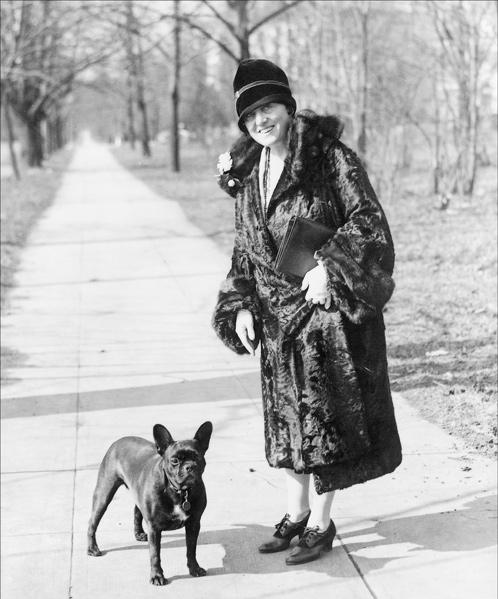Excerpts:
So insistent has been this belief in the ideal [idealism] that it has colored all his [man's] created works. By reality he has lived. By ideality he has climbed. Out of his dream of perfection he has wrought his paintings and his cathedrals, and has written his idealistic literature. And strangely, only that which has been founded on his dream has survived.
Opposed to idealism is realism. It deals only with the tangible, the scientifically demonstrable. It discounts the visionary and the imaginative. It sees things only as they appear to the physical eye. It is neither idealistic nor sceptic. In architecture it builds office buildings instead of cathedrals, and in literature it reports life and becomes a form of journalism.
If there is much to be said for realism, then, there is not much to say against it. But there is much to be said against the present day tendency to prostitute it to pure mechanism. Worse even, than that, to pure materialism; the attempt to portray a three dimensional world in two. To take the human individual of soul, mind, and body, and strip him to body and mind. And to do this in the name of truth.
The ruthless iconoclast, destroying ideals the world has carefully preserved, is the Hun of literature.
To write life without idealization may be truth or may be only a portion of it. It is at least a failure of responsibility. But to write life cynically is a distortion. Cynicism is not truth. It is insolent self-righteousness. It has a contempt for the virtues and generosities. It is pessimistic, despondent, astigmatic. It has a biased view. Seeing crookedly, it sees a crooked world.
. . . this is the underlying principle of much of the realistic fiction of the day a careful study will corroborate. Not truth, but an unhappy, warped, and incomplete view of life. Not only an emphasis and exaltation of the material as opposed to the spiritual, but a cynical denial of the spiritual.
There is no such thing as the complete detachment of an author from his work. His subconscious mind is stronger than his will.
Men do not preserve their failures, but they do preserve their dreams. And the great dream of the world is the movement toward perfection. The reach of the human hand and soul toward something above and beyond it is the only progress. — Mary Roberts Rinehart, "The Unreality of Modern Realism," THE BOOKMAN (December 1922)
At this point (1914), Rinehart's writing and career drastically changed. Rinehart largely gave up mystery and humorous fiction, and turned to straight novels instead, for most of the next 15 years. Her novels were commercially hugely successful, but critically slammed. While inoffensive morally, critics felt they represented lowbrow popular fiction. According to her biographer Jan Cohn, Rinehart often suffered horribly from depression during these years. — Mike Grost, GAD WikiResources:
- Other ONTOS articles involving Rinehart are HERE and HERE; the Britannica entry for her is HERE.
Categories: Literature

No comments:
Post a Comment